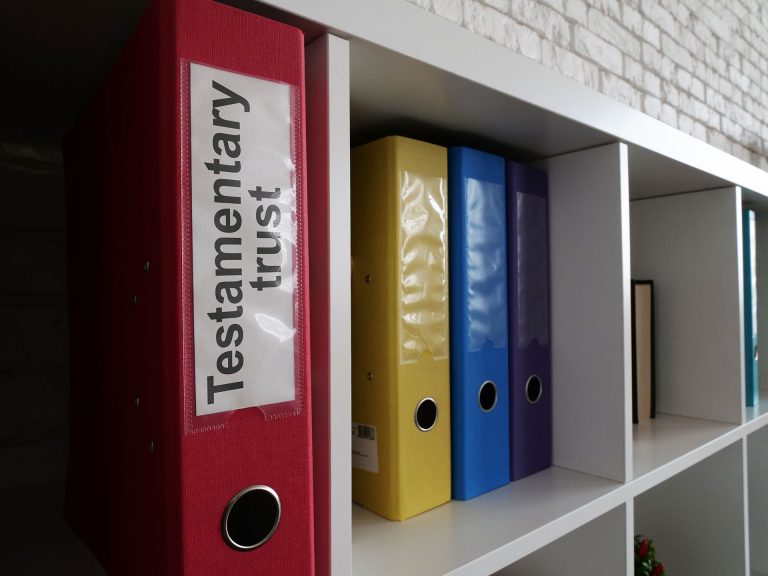A situation which has been faced by a number of our clients is the breakdown in their relationship with an adult child. At times, the estrangement has reached such a point that the parents no longer wish to provide for the child in their will (or wish to diminish that child’s benefit). Our clients’ concern then is whether the adult child can challenge their wills. The simple answer is, under New South Wales law, YES the adult child can challenge the will. But the bigger question is whether the adult child is likely to be successful in their challenge if they have caused the estrangement.
Unfortunately, there is no black and white answer to the question. Ultimately, each case is decided by the court on its facts. The court is effectively making a moral judgement about what is appropriate in the circumstances. A recent judgment handed down by the New South Wales Court of Appeal (Burke v Burke) has reinforced that this is the case.
The Court of Appeal held that:
- There is no general rule which can be applied to all cases, instead, the outcome in each individual case is purely discretionary. The aim of the court is to determine what society considers acceptable. However, the court acknowledges that no two people will have the same view, so that ultimately what the judge considers appropriate in the circumstances will determine the outcome.
- The Court of Appeal accepted that previous cases which had indicated the following were correctly decided:
- A parent’s responsibility for an adult child does not generally mean that the parent must provide the adult child with an unencumbered home, but possibly may mean providing a deposit to enable the child to purchase a home if the estate allows;
- A parent is not bound to look after an adult child into retirement, but possibly should provide a sum for the child’s superannuation, if the estate allows;
- If the child falls on hard times, the parent should do what he or she can to prevent the child from being left destitute or in significant need.
- Fault for causing estrangement may be relevant to what the court considers appropriate in the circumstances. But there is no hard and fast rule about whether or not fault for estrangement must be considered.
- However if an adult child has deliberately and consciously caused estrangement, or caused distress to an elderly parent by refusing or failing to seek restoration of a damaged relationship, that may be sufficient to override the general responsibilities of the parent mentioned above, even in the case of significant need of the adult child. This, however, is not a fixed rule, but one of many considerations the court takes into account.
In conclusion, there is no easy answer, where the relationship between the parents and an adult child has broken down. Nor can the parents be given any certainty about what the outcome would be if the child were to challenge their wills. Our Estate Lawyers can provide guidance as to what may be an appropriate provision for the child, what arrangements can be put in place to minimise the potential damage of a claim and how to record the parents’ opinion about why the estrangement occurred and reasons for the parents limiting the child’s benefits under their wills.
WHAT NEXT?
We are experienced in identifying our clients’ intentions, their personal and financial circumstances which impact on how intentions may be achieved, and in preparing strategies and documents which can best do so. Contact a member of our Estate Planning Team to find out how we may assist you in achieving your intentions.





